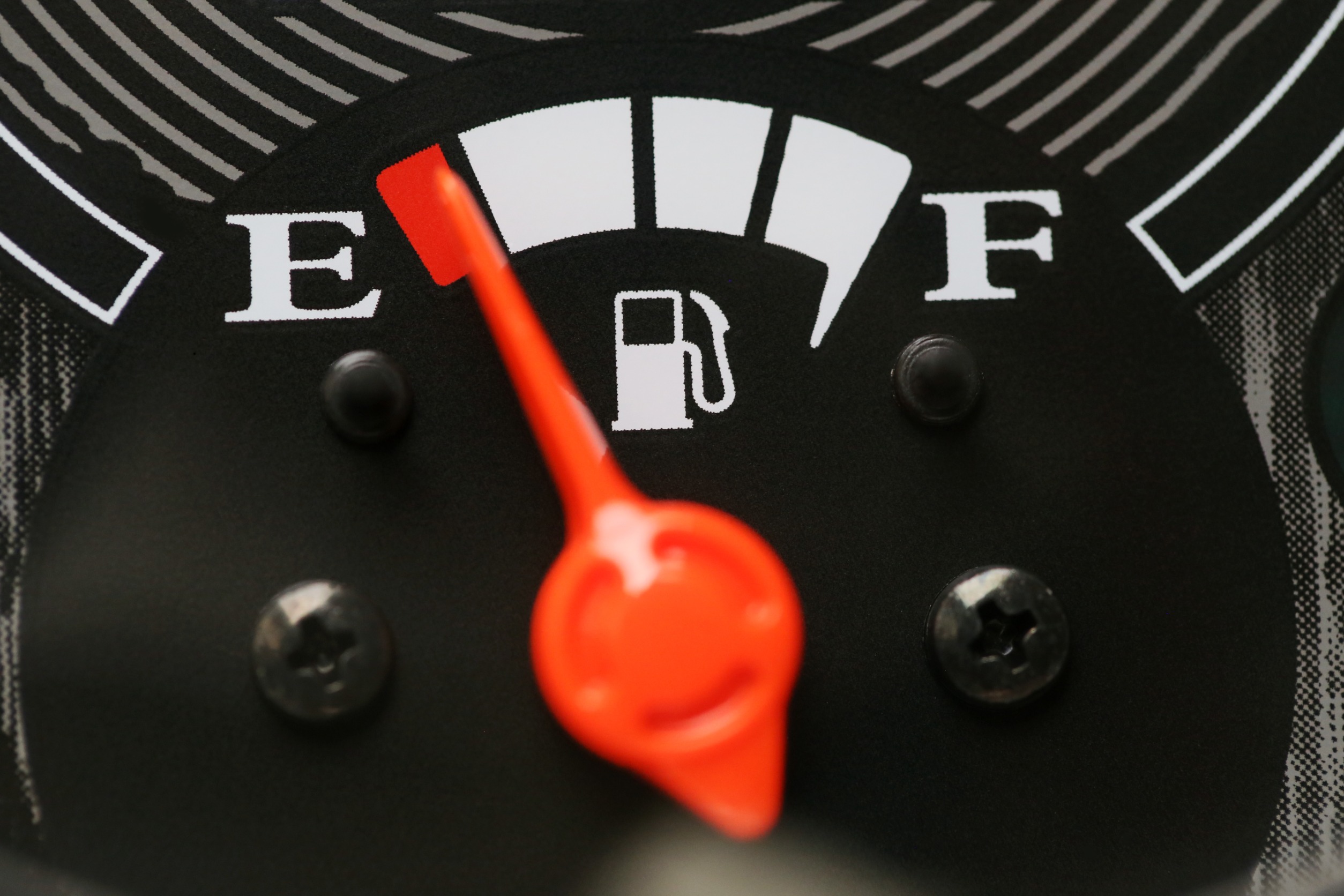“How much should I spend on a car?” is a big question that’s not always easy to answer at first. Deciding how much to spend on a car can be challenging, especially when considering a $100,000 annual income. While it’s tempting to splurge on a luxurious vehicle, it’s essential to balance this desire with financial prudence. Factors such as debt, savings goals, and overall budget play significant roles in determining the appropriate expenditure on a car. Here are some guidelines to help you make an informed decision about how much to spend on a vehicle.
The 20/4/10 Rule
The 20/4/10 rule provides a practical guideline for car purchasing. According to this rule, you should aim to put down at least 20% of the car’s price as a down payment, finance the car for no more than four years, and keep your monthly car payment (including insurance) under 10% of your gross monthly income. For someone earning $100,000 annually, this means a maximum monthly car payment of approximately $833. This rule helps ensure that you don’t overextend yourself financially.
Considering Other Expenses
When answering, “How much should I spend on a car?” consider all related expenses, not just the sticker price. Monthly payments, insurance, maintenance, and fuel costs should all fit comfortably within your budget. On a $100,000 salary, it’s crucial to factor in these additional costs to avoid financial strain. A comprehensive budget will help you make a realistic assessment of what you can afford.
Financial Priorities and Goals
Evaluate your financial priorities and long-term goals before making a car purchase. Are you saving for a house, planning for retirement, or building an emergency fund? Allocating too much money to a car can hinder your ability to achieve these goals. Ensuring that your car budget aligns with your broader financial objectives is key to maintaining financial health.
Total Cost of Ownership
The total cost of ownership (TCO) includes more than just the purchase price of the car. Depreciation, fuel, insurance, maintenance, and repairs all contribute to the TCO. Research the TCO of different car models to understand their long-term costs. This approach helps you avoid unforeseen expenses and ensures you choose a car that fits your financial situation.
New vs. Used Cars
Deciding between a new or used car significantly impacts how much you should spend. New vehicles depreciate rapidly, losing a significant portion of their value within the first few years. A used car, particularly one that is two to three years old, can offer better value and lower depreciation rates. Considering a used vehicle can help you get more for your money while adhering to your budget.
Leasing vs. Buying
Leasing a car might be an attractive option if you prefer driving newer models and want lower monthly payments. However, leasing comes with mileage limits and potential fees for excess wear and tear. Buying a car, on the other hand, provides ownership and can be more cost-effective in the long run. Evaluate the pros and cons of leasing versus buying to determine which option best suits your financial situation.
Emergency Fund Considerations
While answering the question, “How much should I spend on a car?” ensure you have sufficient emergency funds before making the purchase. Financial advisors typically recommend having three to six months’ worth of living expenses saved. This fund provides a safety net for unexpected expenses or income loss. Prioritizing your emergency fund can prevent financial stress in the event of unforeseen circumstances.
Avoiding Overextension
It’s easy to get carried away with the allure of a high-end vehicle, but it’s crucial to avoid overextension. Spending too much on a car can lead to financial stress and limit your ability to enjoy other aspects of life. Aim to strike a balance between a vehicle that meets your needs and one that allows you to maintain a comfortable lifestyle. Staying within your means is essential for long-term financial stability.
Resale Value
Consider the resale value of the car you’re interested in. Some vehicles retain their value better than others, which can significantly impact your financial position when it’s time to sell or trade in. Research the resale values of different models to make a more informed decision. Choosing a car with a high resale value can provide better long-term financial outcomes.
Insurance Costs
Insurance premiums vary significantly based on the car’s make, model, and age. Luxury or high-performance vehicles often come with higher insurance costs. Obtain insurance quotes for the cars you’re considering to ensure the premiums fit within your budget. This step helps you avoid surprises and ensures you can afford the total cost of ownership.
Fuel Efficiency
Fuel efficiency is another critical factor to consider when determining how much to spend on a car. Cars with better fuel economy can save you significant money on gas over time. Evaluate the fuel efficiency ratings of different models to find a balance between performance and cost savings. Opting for a fuel-efficient vehicle can reduce your overall transportation expenses.
Personal Preferences and Needs
Finally, consider your personal preferences and needs when deciding how much to spend on a car. Do you prioritize luxury features, or are practicality and reliability more important? Assessing your driving habits, lifestyle, and priorities will help you choose a car that suits you without overspending. Making a thoughtful decision based on your unique circumstances will lead to greater satisfaction with your purchase.
You Can Figure Out, “How Much Should I Spend on a Car if I Make $100,000?”
When determining how much to spend on a car with a $100,000 income, consider these guidelines and factors to make a well-informed decision. Balancing your desire for a new vehicle with your financial responsibilities and goals ensures that you make a purchase that enhances your life without compromising your financial health. Making smart financial choices today will provide stability and flexibility for the future.
Read More:
18 Classic Car Features That Have Vanished in Modern Vehicles
Road Trips Gone Wrong: 10 Common Pitfalls and How to Avoid Them
Catherine is a tech-savvy writer who has focused on the personal finance space for more than eight years. She has a Bachelor’s in Information Technology and enjoys showcasing how tech can simplify everyday personal finance tasks like budgeting, spending tracking, and planning for the future. Additionally, she’s explored the ins and outs of the world of side hustles and loves to share what she’s learned along the way. When she’s not working, you can find her relaxing at home in the Pacific Northwest with her two cats or enjoying a cup of coffee at her neighborhood cafe.






